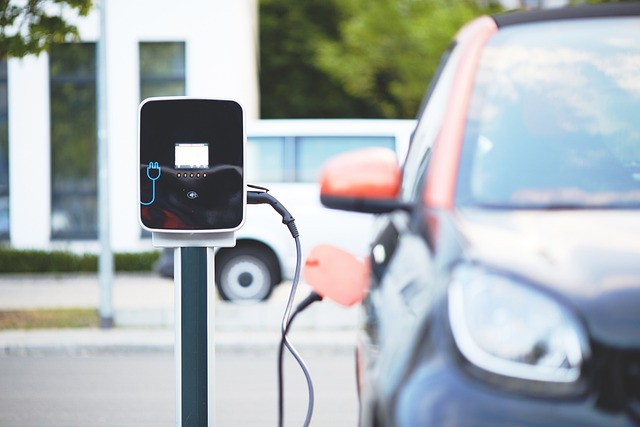Driving Into the Future with Electric Cars
Electric vehicles are rapidly transforming transportation, offering a sustainable alternative to traditional fossil fuel-powered automobiles. As cities worldwide embrace cleaner mobility solutions, electric cars are no longer a futuristic concept but a practical reality for modern commuters seeking environmentally friendly transportation options.

How Do Electric Cars Change Daily Commuting Habits?
Electric vehicles are revolutionizing how people approach transportation. Commuters are increasingly adopting electric cars due to their reduced environmental impact and lower operating costs. The convenience of home charging and expanding urban charging infrastructure makes electric vehicles more accessible than ever before.
Modern electric cars provide significant advantages over traditional vehicles. Drivers experience smoother acceleration, quieter rides, and reduced maintenance requirements. The ability to charge at home or work eliminates frequent gas station visits, fundamentally changing daily transportation routines.
What Are the Advantages of Urban Charging Infrastructure?
City planners are investing heavily in electric vehicle charging networks. Public charging stations are becoming increasingly common in urban centers, shopping districts, and workplace parking areas. This expansion makes electric car ownership more practical for urban residents who may not have dedicated home charging options.
Major cities are implementing comprehensive charging strategies, including:
-
Fast-charging stations in strategic locations
-
Integrated charging points in public parking facilities
-
Incentive programs for businesses to install charging infrastructure
-
Government-supported charging network expansions
Comparing Electric and Traditional Car Ownership Costs
| Vehicle Type | Initial Cost | Annual Fuel/Charging Cost | Maintenance Expenses |
|---|---|---|---|
| Electric Car | $35,000-$55,000 | $500-$800 | $300-$500 |
| Traditional Gas Car | $25,000-$45,000 | $1,500-$2,500 | $600-$1,000 |
Prices, rates, or cost estimates mentioned in this article are based on the latest available information but may change over time. Independent research is advised before making financial decisions.
Environmental and Economic Benefits
Electric vehicles offer substantial environmental advantages. They produce zero direct emissions, significantly reducing carbon footprints compared to traditional combustion engine vehicles. The shift towards electric transportation represents a crucial step in combating climate change and promoting sustainable urban mobility.
Economically, electric cars provide long-term savings. Lower fuel costs, reduced maintenance requirements, and potential government incentives make them increasingly attractive to budget-conscious consumers. Many regions offer tax credits and rebates for electric vehicle purchases, further improving their financial appeal.
The Future of Electric Transportation
The electric vehicle market continues to evolve rapidly. Emerging technologies like improved battery storage, faster charging capabilities, and more affordable models are making electric cars increasingly accessible to a broader range of consumers.
Major automotive manufacturers are committed to expanding their electric vehicle lineups, signaling a significant industry-wide transformation. Ongoing technological innovations promise even more efficient, affordable, and high-performance electric vehicles in the coming years.
Electric cars represent more than just a transportation option – they symbolize a sustainable, innovative approach to mobility that balances environmental responsibility with technological advancement.




